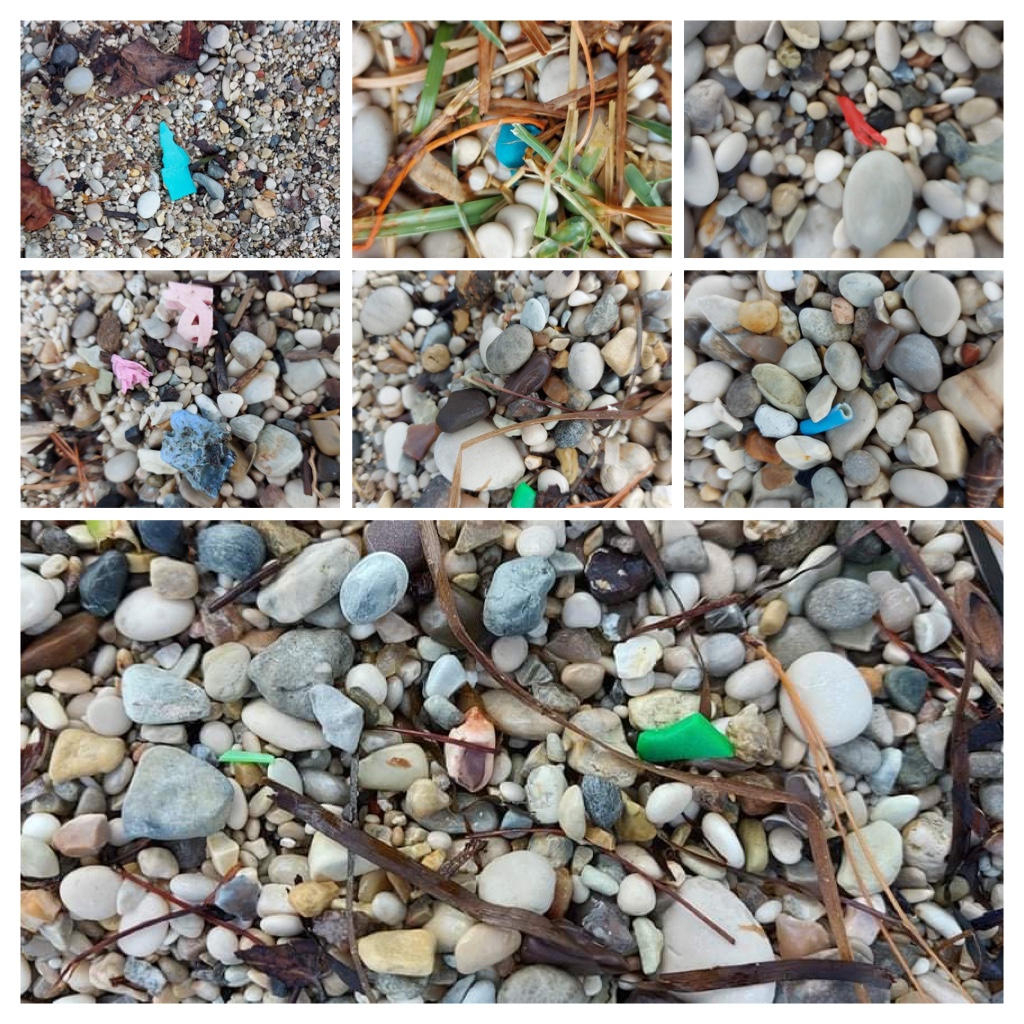Microplastics (MPs) are small plastic particles, ranging in size from a few micrometrs to 1 mm and, aside from fragmentation from larger plastic items (secondary MPs), they are also produced within this size range, as preproduction pellets or for special applications like abrasives. MPs have become a truly global concern, because they can be found practically anywhere around the world. When MPs enter freshwaters they are colonized by microorganisms and algae and their properties significantly change. They can be then distributed across aquatic environments allowing them to interact with biota and many researchers have investigated the impact of MPs on various marine and freshwater organisms.
Despite the large body of literature about the impact of MPs on animals, the information about the interaction of MPs with plants – primary producers in ecosystems does barely exist. Floating plants represent food for other organisms, serve as a nursery habitat for many species and providing both protection from predators and enhanced feeding opportunities. Therefore their interaction with MPs can be crucial for other organisms, they can be a vector for MPs to enter the food web as well as their interaction with roots and leaves can offer a potential phytoremediation solution and remove MPs from the environment.
